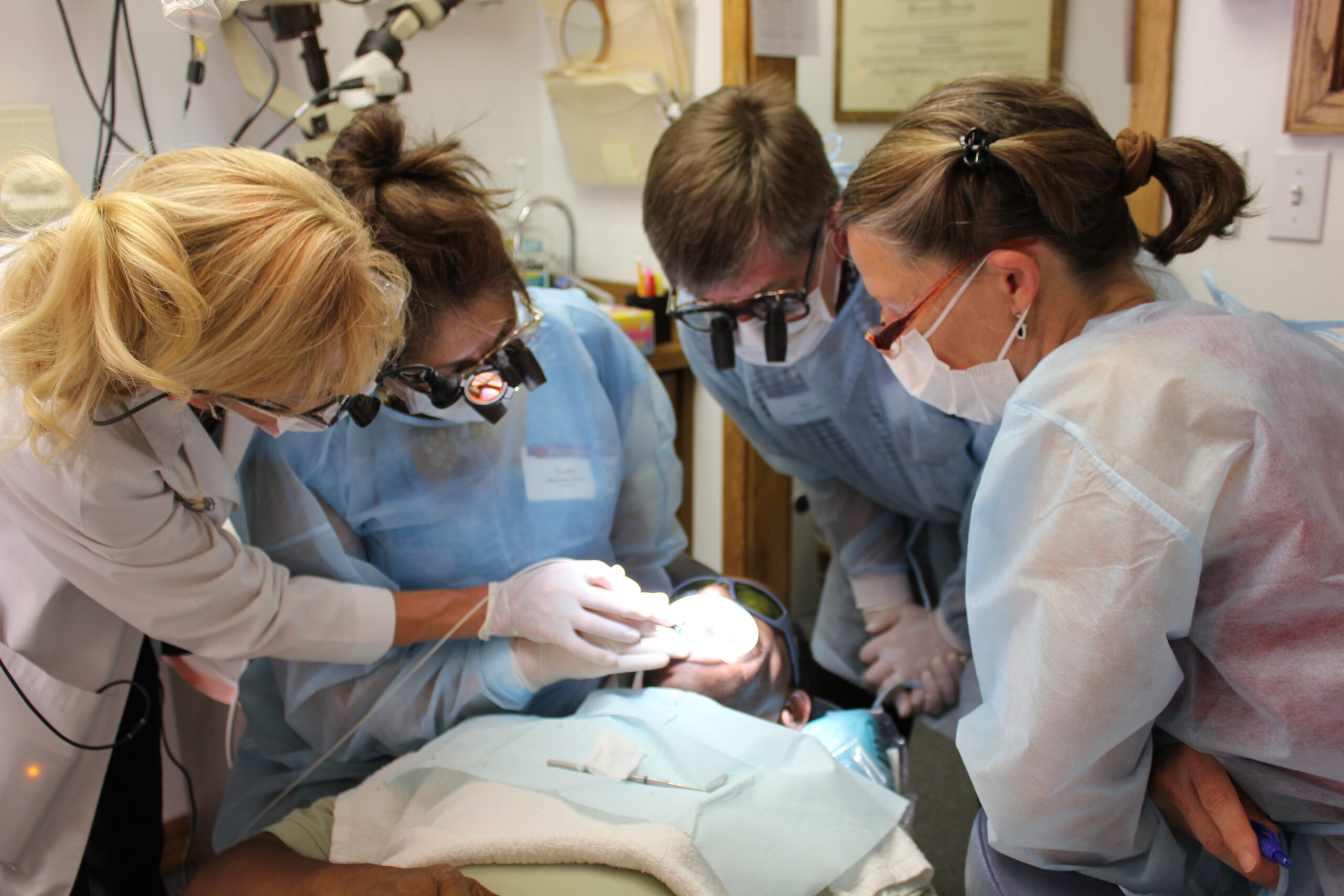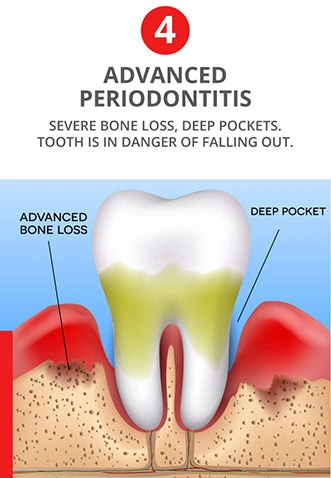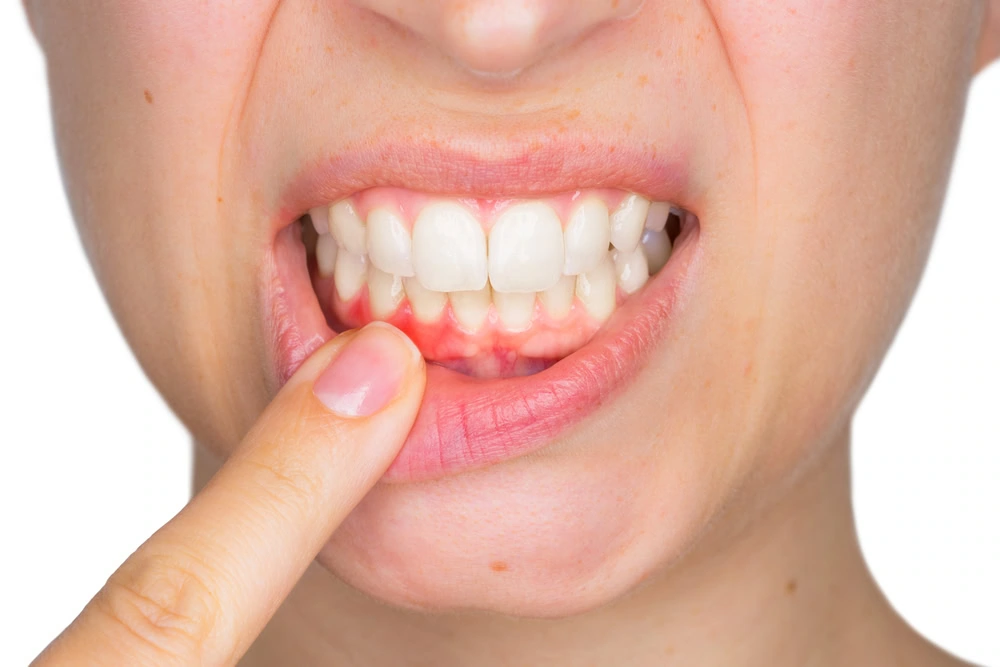 So there you are, back in middle school giving your presentation on the relationship between the three branches of government. You feel unprepared to give the presentation, because, after all, let’s face it: middle school was a long time ago. That’s when your teeth start falling out on the floor.
So there you are, back in middle school giving your presentation on the relationship between the three branches of government. You feel unprepared to give the presentation, because, after all, let’s face it: middle school was a long time ago. That’s when your teeth start falling out on the floor.
You wake up. Thank goodness it was just a dream! As you settle back down into your covers, you review the vision in your head. You get why it included giving a presentation that you don’t remember (unprepared for a life challenge), but what’s with the teeth falling out?
It turns out that teeth falling out in a dream are more common than you think. Dream interpretations suggest that when your teeth fall out in dreams, it is a manifestation of your subconscious processing how you are feeling about your life or a reflection of your self-awareness at the moment. Falling teeth represent feeling that you are lacking strength or are feeling anxious or fearful about current events in your life. In other words, you don’t feel confident about something.
However, if you are looking in a mirror and your teeth are falling out, that has a different meaning. Some experts say it means that you feel like you are fragmented inside. Others say that it is related to stress at work or home, feelings of inadequacy or powerlessness, or negative feelings about aging. Still, others might say that it is a reflection of how you feel about your self-confidence.
However, let’s say your teeth crumbled during the dream. Crumbling teeth, experts posit, might indicate that you fear aging or feel like your sense of self is vulnerable.
Losing teeth, on the other hand, have a related but slightly different meaning. It could be the result of you trying to hold onto something or a fear of failure. Other interpretations might be a fear of embarrassment, loss, or a lack of control. Some think losing teeth is symbolic of losing money or being abandoned.
Who knew that teeth in dreams have so many ties to one sense of self-worth, confidence, and security?
Good oral health = positive self-image
 However, we are aware that oral health and confidence are linked. A study published in the Journal of Community Health Nursing in 2006 found that of 86 participants in an open-ended question survey, 58 of them had minor dental problems, and 28 had major dental problems—and 53% of these same participants had low self-esteem.
However, we are aware that oral health and confidence are linked. A study published in the Journal of Community Health Nursing in 2006 found that of 86 participants in an open-ended question survey, 58 of them had minor dental problems, and 28 had major dental problems—and 53% of these same participants had low self-esteem.
When it comes to oral health, we underestimate how much it affects our self-confidence. If you have yellow teeth, crooked teeth, or chronic bad breath, how do you feel about yourself? Are you self-conscious when you smile? Our guess is the answer is probably yes. And we also guess that if you feel self-conscious about it, you do it less, or you smile with your lips shut tight, which can sometimes look fake.
Consider this article on Wiki-How that explains to people how to improve your self-confidence when you “think you have bad teeth.” It not only gives the reader advice on how to practice a smile that looks and feels natural to others but minimizes how much of their bad teeth they reveal. It also recommends that people consider having their teeth fixed to improve their confidence when smiling.
On the flip side, when your teeth are healthy and white, smiling doesn’t make you feel self-conscious. Instead, it makes you feel happy and relaxed. Furthermore, it’s contagious. Most people smile back.
Get your smile & confidence back
 Attention to oral hygiene can correct some of these problems.
Attention to oral hygiene can correct some of these problems.
- Proper brushing techniques
- Flossing daily
- Using mouthwash to rid the mouth of unwanted bacteria
- Avoiding foods that stain your teeth, creating a yellowing effect
- Seeing your dentist regularly for cleanings and check-ups
However, sometimes proper oral hygiene isn’t enough, or it comes too late. When gum disease sets in, the problems related with it don’t improve without intervention. Gum disease can cause your smile to deteriorate, your teeth to move, and your gums to bleed, among other symptoms, and none of this is good for your smile confidence. Whenever gum disease is a factor, it’s important to treat it as soon as possible.
Traditional surgery has long been the only option for the treatment of gum disease. However, the FDA cleared the LANAP® protocol as a laser surgery option that facilitates a less painful, more successful treatment with a shorter recovery time. (For more information on the FDA-cleared LANAP® Protocol, visit www.lanap.com.)
The fact is that oral health is a big part of your self-confidence. How you feel when smiling and how often you can smile genuinely makes a huge difference in how you feel about yourself, and, frankly, how others feel about you. Be sure to mind your oral hygiene, see your dentist every six months for a cleaning and check-up, and treat gum disease as early as possible. Otherwise, the tooth loss or crumbling teeth could move from your dreams to reality.
Sources:
“Teeth Dreams.” www.dreamdictionary.org. Web. 13 July 2016. <http://www.dreamdictionary.org/common/teeth-dreams/ >
Barnard, Chris. “What Does a Healthy Smile Look Like?” dentalpatientnews.com. 19 August 2014. Web. 13 July 2016. <http://dentalpatientnews.com/what-does-a-healthy-smile-look-like/>
Huff, Marlene; Elizabeth Kinion et al. “Self-Esteem: A Hidden Concern in Oral Health.” Journal of Community Health Nursing. 23 (2006). Found online: http://www.tandfonline.com/doi/abs/10.1207/s15327655jchn2304_5
“How to Smile When You Think You Have Bad Teeth.” www.wikihow.com. Web. 13 July 2016. <http://www.wikihow.com/Smile-when-You-Think-You-Have-Bad-Teeth>



